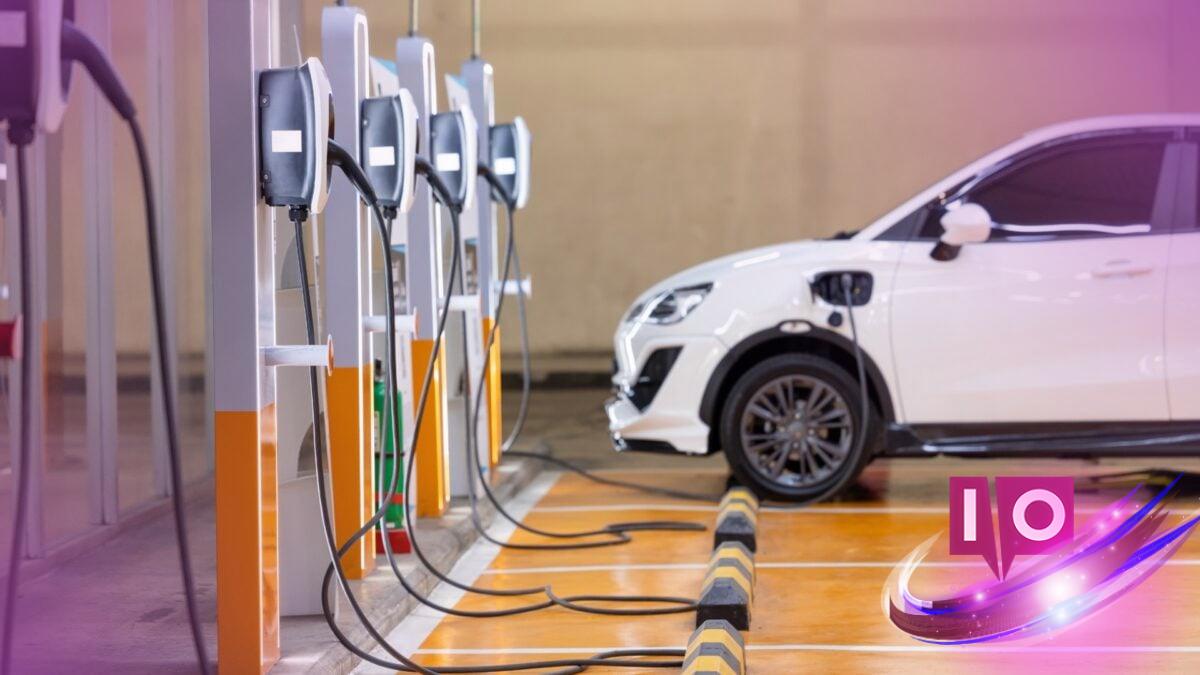As we approach the end of September, it’s crucial to understand the impending changes in the electric vehicle (EV) tax credit landscape. For over ten years, climate-friendly policies have uplifted the American electric vehicle sector, notably through the EV tax credit included in former President Joe Biden’s Inflation Reduction Act. However, this vital support is set to expire, making now the perfect time to explore your options.
As an expert in automotive trends, I’ve witnessed firsthand how the EV tax credit has spurred consumer interest and industry growth. With just days left to capitalize on this financial incentive, many are scrambling to make their purchases before it’s too late.
1. The EV Tax Credit Deadline
The current EV tax credit program, which offers up to $7,500 off the purchase price, will expire on September 30. This significant cut-off date marks a pivotal moment for consumers considering an EV purchase. Historically, initiatives like these have played a crucial role in promoting climate-friendly vehicles.
2. Understanding the Impact of the EV Tax Credit
Donald Trump initiated the dismantling of the EV tax credit during his presidency, culminating in the acceptance of a new legislation this past summer. This development could potentially result in skyrocketing prices for EVs, as consumers lose out on substantial savings.
The global demand for electric vehicles is increasing, particularly as nations strive to achieve carbon neutrality. According to David Reichmuth, a senior scientist at the Union of Concerned Scientists’ Clean Transportation Program, “Transportation is the largest source of global warming pollution in the country, with passenger vehicles being the biggest contributors within that sector.” The transition to electric vehicles powered by renewable energy is essential for reducing these harmful emissions.
3. Navigating the EV Tax Credit Before It Ends
As the deadline approaches, American auto sales have surged as consumers rush to take advantage of the expiring credit. To qualify, you just need to finalize the purchase by September 30. Signing a contract or making a down payment counts, even if the vehicle isn’t delivered until after the deadline.
David Reichmuth clarified, “You can’t simply place a refundable deposit and expect to benefit from the credit. You need to complete the purchase process.”
4. How to Successfully Claim the EV Tax Credit
The EV tax credit is divided into three key components:
- New Car Sales Tax Credit: Eligible buyers can claim up to $7,500 when filing taxes. To qualify, the vehicle must be primarily sourced and assembled in North America, and income limits apply—$300,000 for married couples, $225,000 for heads of households, and $150,000 for single filers.
- Used EV Tax Credit: If you’re buying a used EV, you may claim up to $4,000, provided the car is over two years old and priced under €25,000.
- Leasing Tax Credit: Worth up to $7,500, this is claimed by leasing companies, which can translate into lower monthly payments for consumers. This credit has fewer restrictions than others, making it an attractive option.
Make sure to file IRS Form 8936 during tax season, and remember, you’ll need your vehicle identification number (VIN) to complete the form.
5. Exploring State-Level Incentives
While the federal tax credit may be vanishing, numerous state and regional incentives remain available. These incentives can significantly ease the transition to electric vehicles, providing rebates or additional tax credits. Resources like online databases can guide you through the opportunities specific to your state.
Reichmuth anticipates that as federal support dwindles, states may respond by reintroducing their own incentivization programs, similar to California’s prior efforts.
Is it too late to benefit from the EV tax credit? No, you still have time to make your move before the deadline. But how can you confirm if your vehicle qualifies for the credit? The official government website has a comprehensive list of eligible vehicles and detailed requirements.
What happens if I miss the deadline for the EV tax credit? While missing the deadline may mean losing that incentive, many states offer their own programs that could help offset costs.
How can I find the best electric vehicle options? Research is key! Utilize consumer reports, online reviews, and your local dealerships to compare features and pricing, helping you make an informed choice.
As we anticipate this significant change in EV tax credits, don’t let an opportunity slip away. With these insights, you can navigate your electrifying future with confidence. For additional information and to explore more about electric vehicles, visit Moyens I/O.
